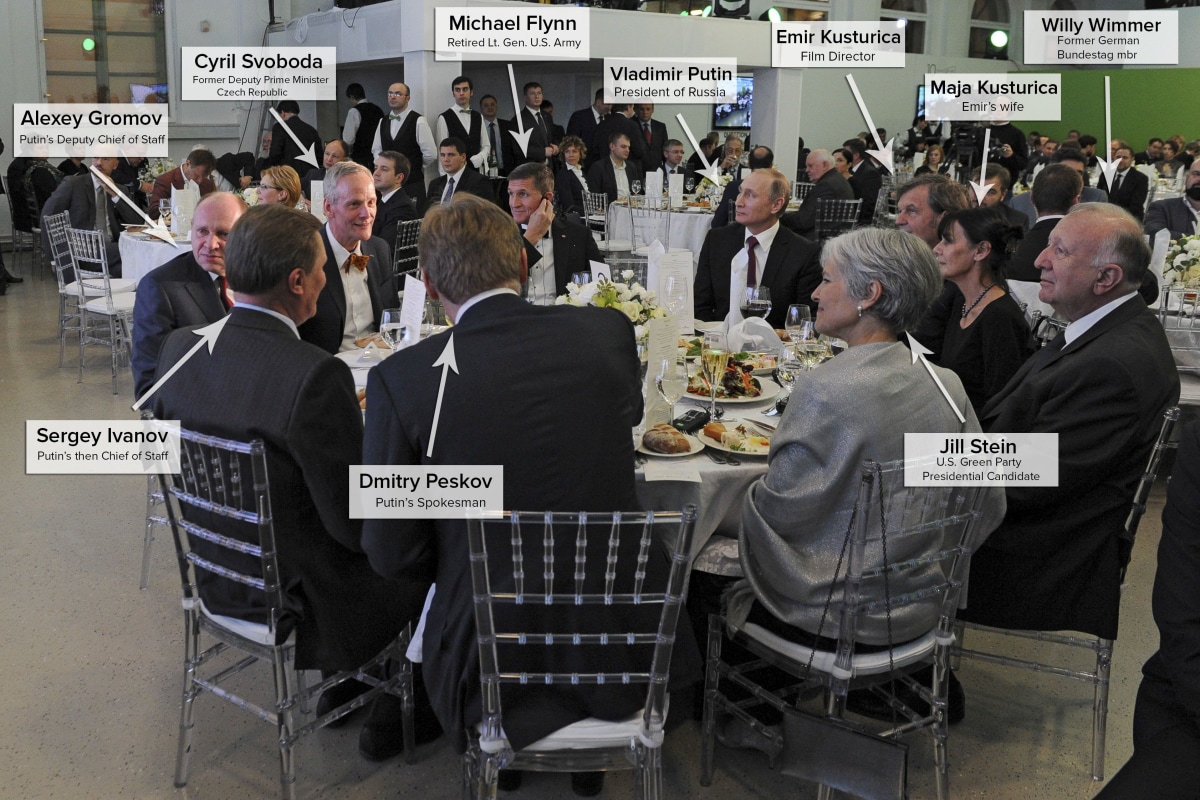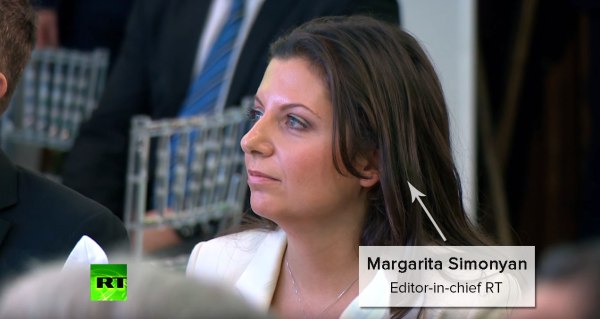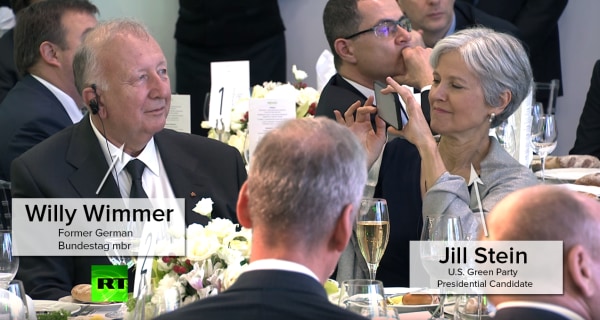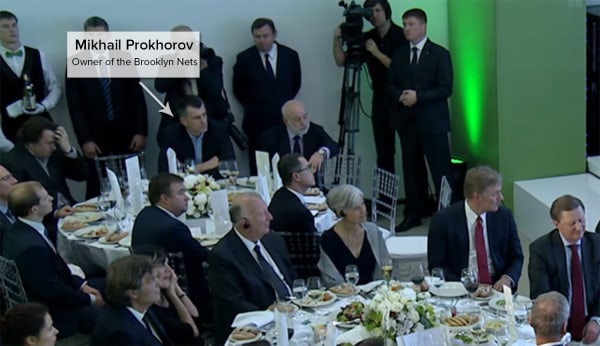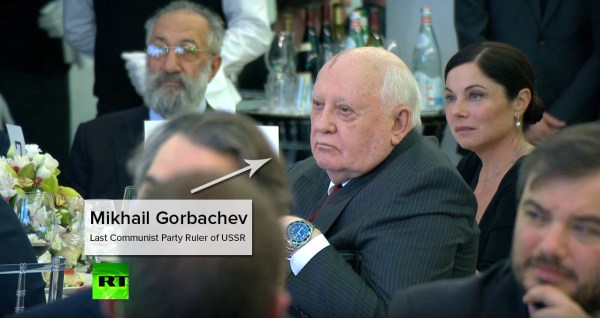In case any reader doubts that there was white privilege in the slaveholding states and that this privilege applied to poor whites, here is an essay by Jefferson Davis (later to be Confederate President) explaining it all:
Jefferson Davis on Slavery
and White Equality, 1851
[Reviewing the debates in Congress on the Compromise of 1850,
Jefferson Davis expressed regret that the border states,] after we of
the planting states had labored to give them the law by which they
might perchance recover their slaves, had refused to co-operate with
us, to enable our people to obtain an outlet for the black population
of the country; joining in the cry of the "glorious Union,"
sustaining the odious so-called adjustment measures, and thus aiding
in the attempt of the free-soilers to encircle us about with a cordon
of free States, the direct tendency of which is to crowd upon our
soil an overgrown black population, until there will not be room in
the country for the whites and the blacks to subsist in; and in this
way destroy the institution and reduce the whites to the degraded
position of the African race. He, therefore, was in favor of
excluding the slaves of the border states from the planting
states, and he hoped that this policy would he adopted.
Col.
Davis said that he had heard it said that the poor men, who own no
negroes themselves, would all be against the institution, and would,
consequently, array themselves on the side of the so called Union
men- that the submissionists claimed them. But that he could not
believe, that the poor men of the country, were so blind to their own
interests, as to be thus cheated out of their privileges, which they
now enjoy. That now they stand upon the broad level of equality
with the rich man. Equal to him in every thing, save that they
did not own so much property; and that, even in this particular, the
road to wealth was open to them, and the poor man might attain it;
and, even if he did not succeed, the failure did not degrade him.
That no white man, in a slaveholding community, was the menial
servant of any one. That whenever the poor white man labored for the
rich, he did so upon terms of distinction between him and the negro.
It was to the interest of the master to keep up a distinction between
the white man in his employment, and his negroes. And that this very
distinction elevated, and kept the white laborer on a level with the
employer; because the distinction between the classes throughout the
slaveholding states, is a distinction of color. Between the classes
there is no such thing, here, as a distinction of property; and he
who thinks there is, and prides himself upon it, is grossly mistaken.
Free the negroes, however, and it would soon be here, as it is in the
countries of Europe, and in the North, and everywhere else, where
negro slavery does not exist. The poor white man would become a
menial for the rich, and be, by him, reduced to an equality with the
free blacks, into a degraded position; and the distinction, at once,
would be made that of-Property-of Wealth-between the classes,
between the Rich and the Poor. The rich man, with his
lands, and his other property, and his money, would be a rich man
still. The poor would be poor still, and with much less
chance than he now has of acquiring property, because of the numbers
of mean and worthless free negroes, in competition with whose labor
his own would have to come. And yet the tendency of the doctrines of
submissionists, is directly to invite further aggression from the
North, and by this invitation, to bring about this very state of
things. The non-slaveholder can see this, as well as the
slaveholder. And seeing, and knowing his rights, he will defend and
maintain them, as soon, if not sooner, than the rich man will. Then,
he did not believe that the submission party had the exclusive right,
which they claimed, or expect that the middle and poorer classes
would co-operate with them upon this important question, affecting,
as it does, their interests-their standing in the community- more
than all others.
Col.
Davis said that he had always thought, and sincerely believed, that
the institution of negro slavery, as it now exists among us, is
necessary to the equality of the white race.
Distinctions between classes have always existed, everywhere, and in
every country, where civilization has been established among men.
Destroy them today, and they will spring up tomorrow; and we have no
right to expect, or even to hope, that this Southern climate of ours,
would be exempt from the operation of this Universal law.
Menial services have to be performed, by some one; and every where
the world over, within the range of civilization, those persons, by
whom the menial services have been performed, as a class, have been
looked upon, as occupying, and are reduced to a state of inferiority.
Wherever a distinction in color has not existed to draw the line, and
mark the boundary, the line has been drawn, by property, between
the rich and poor. Wealth and poverty have marked the
boundary. The poor man stands in need of all his rights, and all his
privileges, and therefore, this question is of the greatest, and the
gravest importance to him; much more so than it is to the rich. The
rich by siding with the party in power-the authorities that be, may
always be safe. Not so with the poor. Their all is suspended upon
their superiority to the blacks-their all of equality, in a
political and social point of view-the social equality of their
wives, daughters, and sons, are all suspended upon, and involved in
this question. It will not do to say that this is a fancy sketch, or
that these things are too far in the distance, to be seriously
contemplated. The tendencies are all in that direction, and if they
are not met, and met promptly, and rolled back, or stayed forever in
their progress, the wheel of revolution will roll on until the
institution is crushed, the great object of the freesoilers
accomplished, and the negroes freed.
But
they have, if possible, still higher grounds than these. The
constitution, the palladium of the liberties of the people, in more
respects than one, has been violated, and that violation is to be
continued, under the implied invitation of the submissionists, if
they succeed in the present contest. And when once it becomes an
established principle, that repeated violations of that instrument
will be tolerated by the people-that they will submit-the poor man's
liberties are all gone, and gone forever.
Excerpts from
Jefferson Davis' reply in the
Senate
to William
H. Seward
Senate
Chamber, U.S. Capitol, February 29, 1860
There is nothing, Mr.
President [ Senator
Benjamin Fitzgerald], which
has led men to greater confusion of ideas than this term of "free
States" and "slave States;" and I trusted that the
Senator, with his discriminating and logical mind, was going to give
us something tangible, instead of dealing in a phrase never
applicable. He applied another; but what was his phrase? "Capital
States" and "labor States." And where is the State in
which nobody labors? The fallacy upon which the Senator hung
adjective after adjective was, that all the labor of the southern
States was performed by negroes. Did he not know that the negroes
formed but a small part of the people of the southern States? Did he
suppose nobody labored but a negro, there? If so, he was less
informed than I had previously believe him to be Negro slavery exists
in the South, and by the existence of negro slavery, the white man is
raised to the dignity of a freeman and an equal. Nowhere else will
you find every white man superior to menial service. Nowhere else
will you find every white man recognized so far as an equal as never
to be excluded from any man's haouse or any man's table. Your own
menial who blacks your boots, drives your carriage, who wears your
livery, and is your own in every sense of the word, is not your
equal; and such is society wherever negro slavery is not the
substratum on which the white race is elevated to its true dignity.
We, however, have no theory to press upon you; we leave you to such
institutions as you may prefer; but when you assail ours, we come to
the vindication of our institutions by showing you that all your
phrases are false; that we are the freemen. With us, and with us
alone, as I believe, the white man attains to his true dignity in the
Government. So much for the great fallacy on which the Senator's
argument hangs, that the labor of the South is all negro labor, and
that the white man must there be degraded if he labors; or that we
have no laboring white men. I do not know which is his opinion; one
of the two. The Senator has himself resided in a southern State, and
therefore I say I believed him to be better informed before he spoke.
I must suppose him to be as ignorant as him speech would indicate. No
man, however, who has seen any portion of southern society, can
entertain any such opinion as that which he presents; and it is in
order that the statement he has made may not go out to deceive those
less informed than himself, that I offer at this time the
correction….
…
We have heard time and
again this session the same point made against the Democratic party,
that they were hedging themselves behind the decision of the Supreme
Court [the 1857 Dred
Scott decision]. If this had
been presented in the beginning, it might have had some fairness;
but, after years of conflict, and after we had found it utterly
impossible ever to reach a conclusion satisfactory to both sides--in
other words, to enact a law which would answer the purpose--we then
agreed to postpone a question judicial in its character, and thus
agreed to be bound, legislatively and politically, by the decision
which that judicial question should receive. Now, the Senator pleads
to the jurisdiction, as though we had ever asserted that the Supreme
Court could decide a political question; but he was bound in honor,
and so were all who acted with him, to abide by the decision of an
umpire to which they had themselves referred the case. We are willing
to abide by it. We but claim from them that to which we pledged
ourselves, and that to which they were mutually pledged when his
position was taken by the two Houses of Congress.
But the Senator in his zeal
depicts the negro slave of the South as a human being reduced to the
condition of a mere chattel. Is it possible that the Senator did not
know that the negro slave in every southern State was still a person,
protected by all the laws which punish crime in other persons? Could
the Senator have failed to know that no master could take the life of
or maim his slave without being held responsible under the criminal
laws of any southern State, and held to a responsibility as rigid as
though that negro had been a white man? How, then, is it asserted
that these are not persons in the eye of the law, not protected by
the law as persons. The venerable Senator from Kentucky [John J.
Crittenden] knows very well that this is not law in any State of the
Union where slaves are held, but that everywhere they are protected;
that the criminal law covers them as perfectly as it covers the white
men….
…Several southern
Senators around have spoken to me to the effect that in each of their
States the protection is secured, and a suit may be instituted at
common law for assault and battery, to protect a negro as well as a
white man. The condition of slavery with us is, in a word, Mr.
President, nothing but the form of civil government instituted for a
class of people not fit to govern themselves. It is exactly what in
every State exists in some form or other. It is just that kind of
control which is extended in every northern State over its convicts,
its lunatics, its minors, its apprentices. It is but a form of civil
government for those who by their nature are not fit to govern
themselves. We recognize the fact of the inferiority stamped upon
that race of men by the Creator, and from the cradle to the grave,
our Government, as a civil institution, marks that inferiority. In
their subject and dependent state, they are not the objects of
cruelty as they would be if left to the commission of crime, for
which they should be incarcerated in penitentiaries and work-houses,
and put under hired overseers, having no interest in them and no
relation to them, no affiliation, growing out of the associations of
childhood and the tender care of age. Is there nothing of the balm
needed in the Senator's own State, that he must needs go abroad to
seek objects for his charity and philanthropy? What will be say of
those masses in New York now memorializing for something very like an
agrarian law? What will he say to the throngs of beggars who crowd
the streets of his great commercial emporium? What will he say to the
multitudes collected in the penitentiaries and prisons of his own
State? I seek not, sir, to inquire into the policy and propriety of
the institutions of other States; I assume not to judge of their
fitness; it belongs to the community to judge, and I know not under
what difficulties they may have been driven to what I cannot approve;
but never, sir, in all my life, have I seen anything that so appealed
to every feeling of humanity and manliness, as the suffering of the
poor children imprisoned in your juvenile penitentiaries--imprisoned
before they were old enough to know the nature of crime--there held
to such punishment as we never inflict save upon those of mature
years. I arraign you not for this: I know not what your crowded
population and increasing wants may demand; I know not how far it may
be the necessary result of crime which follows in the footsteps of
misery; I know not how far the parents have become degraded, and how
far the children have become outcast, and how far it may have
devolved on the State to take charge of them; but, I thank my God,
that in the state of society where I reside, we have no scenes so
revolting as these.
Why then not address
yourselves to the evils which you have at home? Why not confine your
inquiries to the remedial measures which will relieve the suffering
of and stop the progress of crime among your own people? Very intent
in looking into the distance for the mote in your brother's eye, is
it to be wondered that we turn back and point to the beam in your
own?


